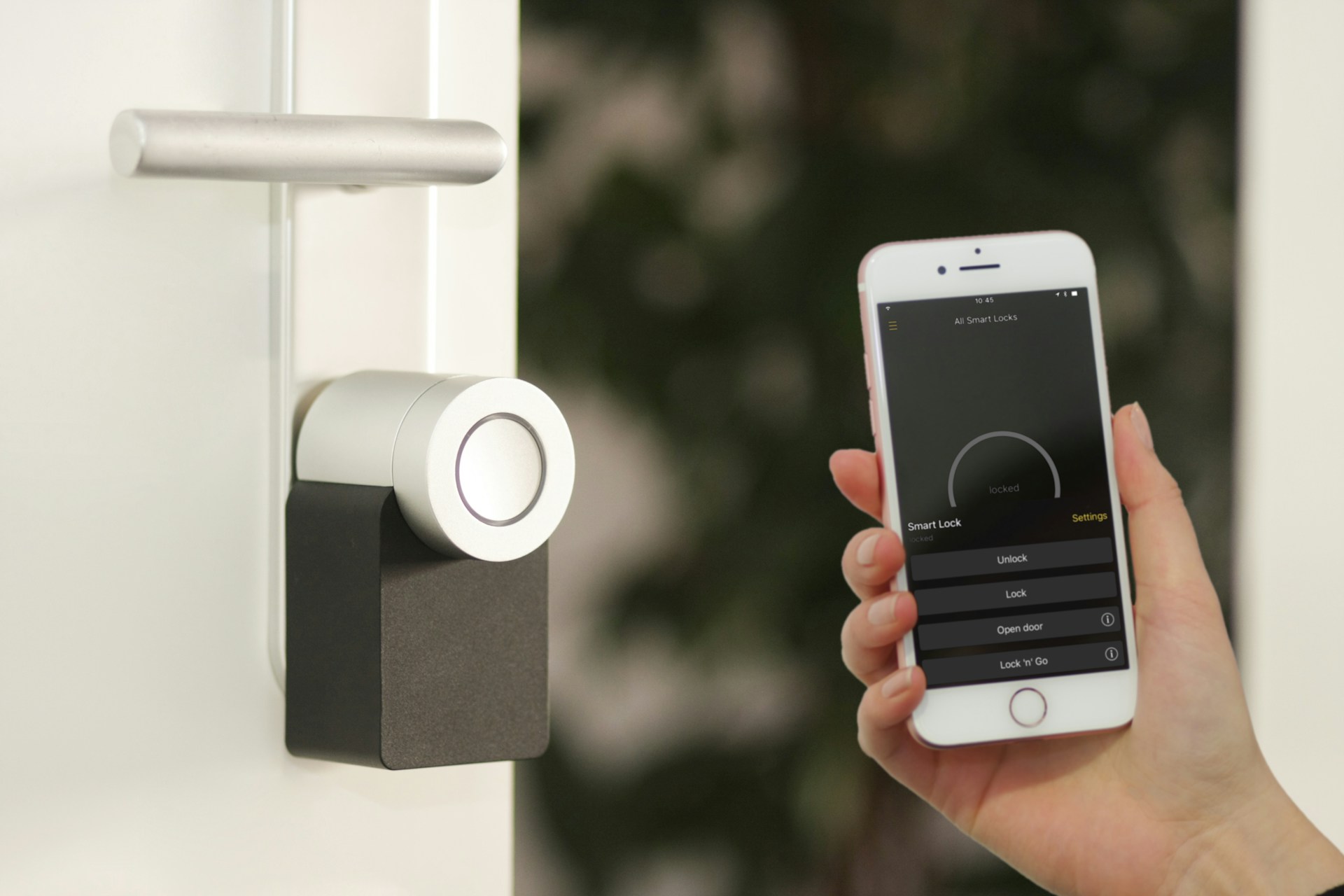As we progress further into the 21st century, the convergence of technology in our daily lives continues to grow, particularly in the realms of smart homes and electric vehicle (EV) charging. This intersection is not merely a convenience but a significant step towards achieving a more sustainable and energy-efficient lifestyle. With smart homes and charging technologies evolving side by side, understanding the integration of EV chargers in smart homes, the benefits they bring, and the future of smart home charging becomes paramount.
What Is a Smart Home?
A smart home refers to a convenient home setup where appliances and devices can be automatically controlled remotely from anywhere with an internet connection using a mobile or other networked device. Devices in a smart home are interconnected through the internet, allowing the user to control functions such as security access to the home, temperature, lighting, and a home theatre remotely
https://www.investopedia.com/terms/s/smart-home.asp
Integration of EV Chargers in Smart Homes
The integration of EV chargers into smart homes is a critical aspect of modern living. This symbiosis allows homeowners to manage their energy usage more efficiently, leveraging home automation and EV charging systems. Smart chargers can communicate with home energy management systems to charge an EV during off-peak hours, reducing electricity costs and alleviating the burden on the grid. Furthermore, some smart chargers can also feed energy back to the grid or the home, utilising the EV battery as a temporary energy storage solution.
Benefits of EVs in Smart Home Systems
Incorporating EV charging into a smart home system offers numerous advantages. Firstly, it enhances energy management by allowing homeowners to control and optimise their energy consumption. For instance, charging can be scheduled at times when electricity is cheaper or when there is a surplus of renewable energy available. Additionally, integrating smart homes and charging provides unparalleled convenience. Users can monitor and control their EV charging from any location through a smartphone app, receiving notifications about charge status or any issues with the charging process.
Future of Smart Home Charging
The future of smart home charging looks promising, with continuous advancements in technology paving the way for even more sophisticated integration. One of the exciting prospects is the development of autonomous energy systems, where smart homes equipped with solar panels and energy storage systems can independently manage energy production, storage, and usage, including EV charging. Moreover, as artificial intelligence and machine learning technologies advance, smart charging systems could predict user behaviour and vehicle usage patterns to optimise charging schedules and energy usage further.
Home Automation and EV Charging
Home automation systems are at the heart of integrating EV charging into smart homes. These systems not only facilitate the remote control and monitoring of EV charging but also enable the integration of charging into the broader home energy system. For example, smart thermostats, lighting, and appliances can work in harmony with the EV charging system to ensure that energy consumption remains within a sustainable threshold, balancing comfort, convenience, and efficiency.
In conclusion, the intersection of smart homes and charging represents a significant leap towards creating more sustainable living environments. By embracing the integration of EV chargers in smart homes, homeowners can enjoy the benefits of improved energy efficiency, enhanced convenience, and a significant reduction in their carbon footprint. As technology continues to evolve, the possibilities for smart homes and charging will only expand, marking a promising future for both sectors.



